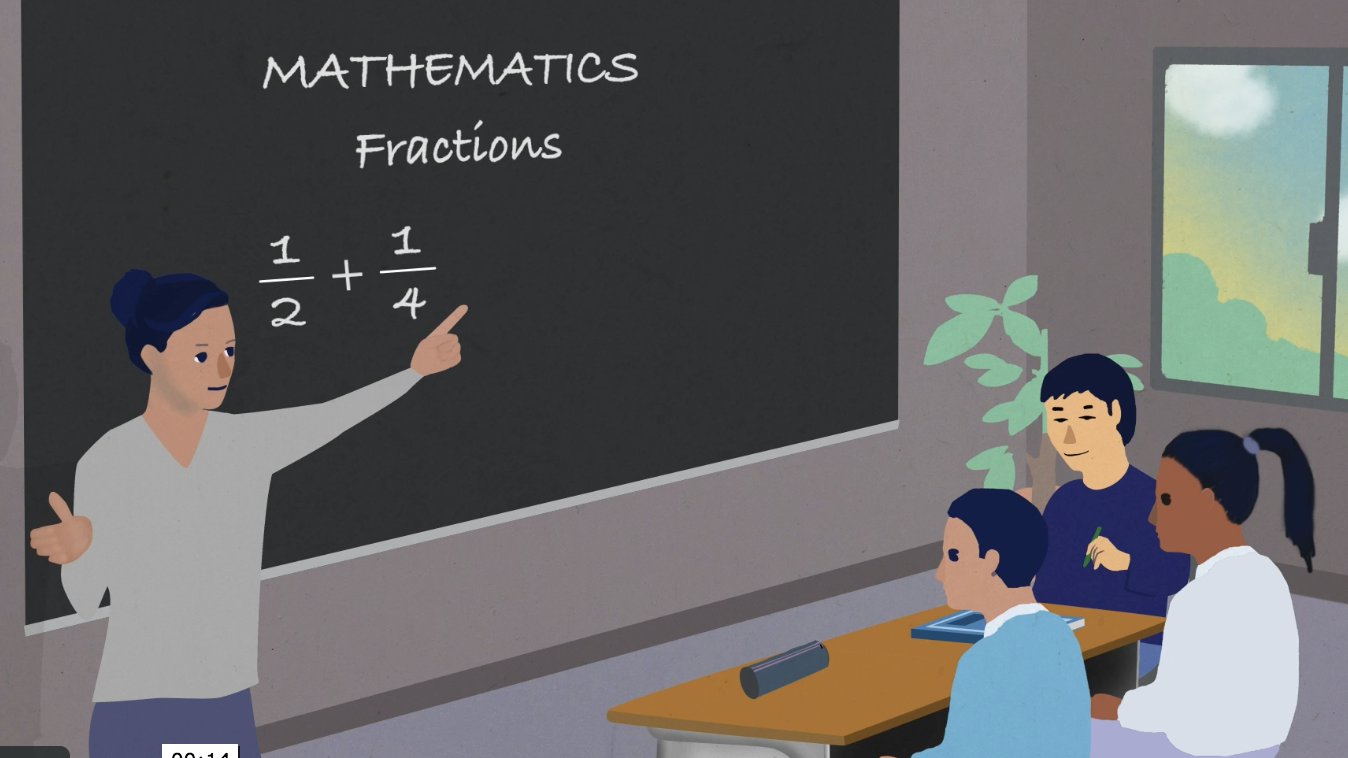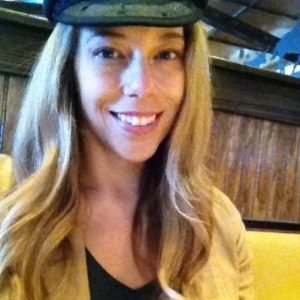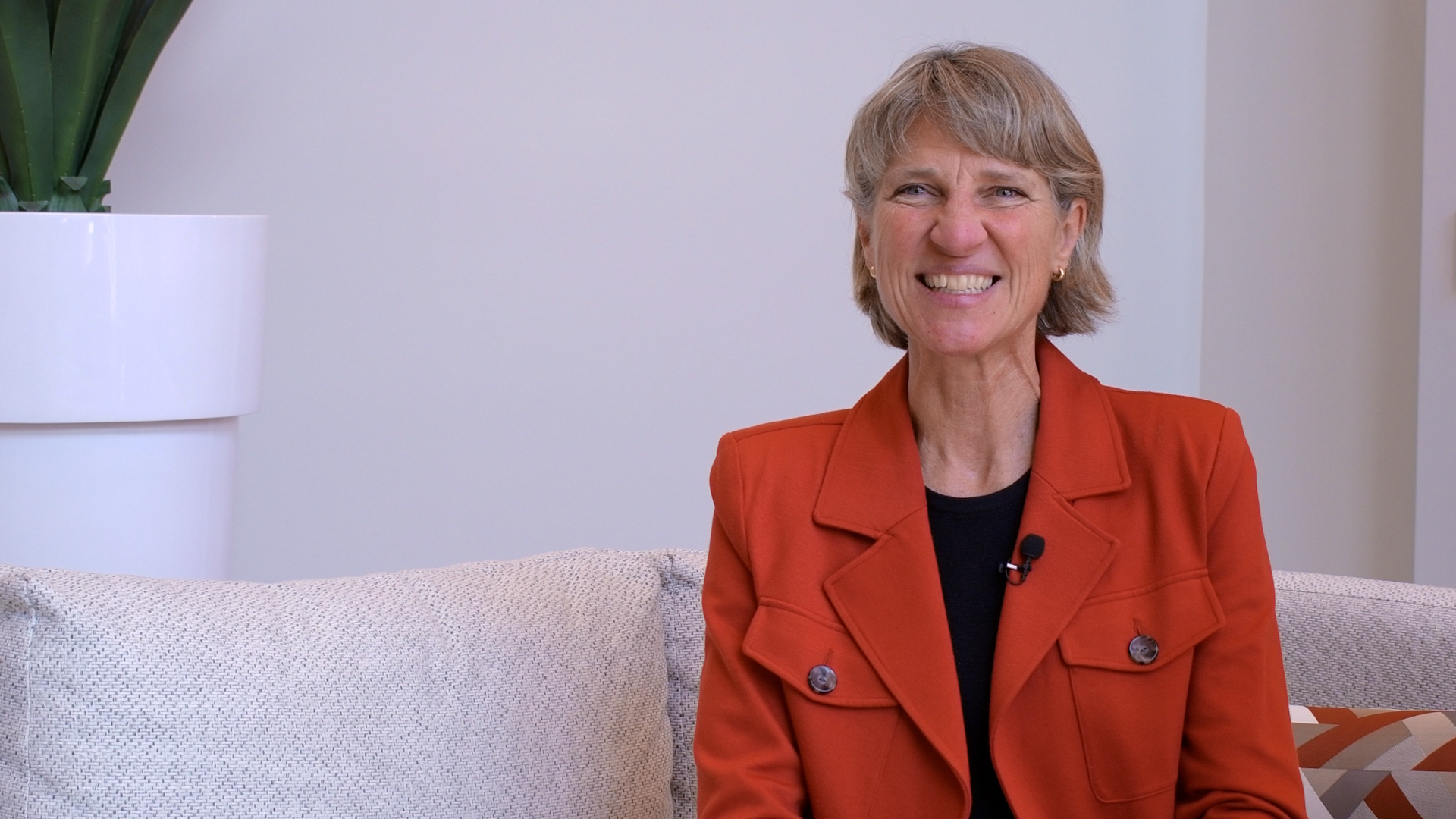Associate Professor Jessica Hunt Aims to Help Students with Learning Disabilities Make Sense of Fractions using NSF CAREER Award


Jessica Hunt, Ph.D., an associate professor of mathematics education and special education at the NC State College of Education, is featured in the annual STEM for All Video Showcase for her video “Fraction Activities and Assessments for Conceptual Teaching” happening online this week.
Developed out of a National Science Foundation (NSF) CAREER award, Hunt’s project investigates how students with learning disabilities interact with fractions and uses a strengths-based approach to focus on the understandings students have of fractions and how students reason and make sense to develop conceptual understanding.
“I am very thankful and excited for not only the opportunity for my work to be included in the showcase but also for the opportunity to interact with the larger NSF community of researchers, educators and parents who will be part of the showcase,” Hunt said.
Before pursuing a career in academic research, Hunt was a middle school mathematics teacher in inclusive classrooms.
“My experience [in the classroom] coincided with the research literature at that time that suggested that students seemed to view fractions as something less than one yet didn’t have magnitude,” she said. “Students would tell me that fractions were not really numbers, so as I returned for my Ph.D., the decision to focus on fraction concepts for these students was clear to me.”
In her work for her doctoral program, she built an instructional sequence designed to address some of the difficulties the literature described that students with learning disabilities had with fractions. But what she found was that even after participating in the interventions, some of the difficulties students had remained. They had valid, informal ideas about fractions that the intervention did not address or develop.
“That’s when it hit me that, as a field, with as much information as we have about these students’ difficulties with fractions, we know very little about what students with learning disabilities do understand and how their conceptions might be leveraged in instruction to bolster their knowledge.”
Hunt says though the shift seems subtle, considering the knowledge students already have refocuses researchers to use methods and analyses that leverage students’ experiences — instead of information they struggle with or do not know. It also refocuses researchers to focus on students’ mathematical thinking when designing interventions.
“My research is showing that students with learning disabilities have the capacity to learn through making sense of their own experiences yet they may employ unexpected thinking in order to do so,” she said. “Everyone deserves the space to reason about and appreciate themselves within mathematics.”
In her showcase video, Hunt gives a broad overview of her project and provides viewers with a conceptual preview of the work toward goals in previous years of the project as well as goals that they are currently investigating — including what they have found about how students with learning disabilities think and learn about fractions and the evolving framework for the design of intervention environments and planning and enactment of pedagogy currently being tested.
She hopes the showcase, which runs from May 13-20, provides her the opportunity to propose questions about the video detailing her work to different members of the community to engage in conversation and feedback.
“Opening up spaces to understand the diversity of students’ mathematical thinking, how it might grow, and different platforms that could support that growth is only the beginning, and to me, that is a very exciting thing.”
[button]Watch the Video[/button]
- Categories:


